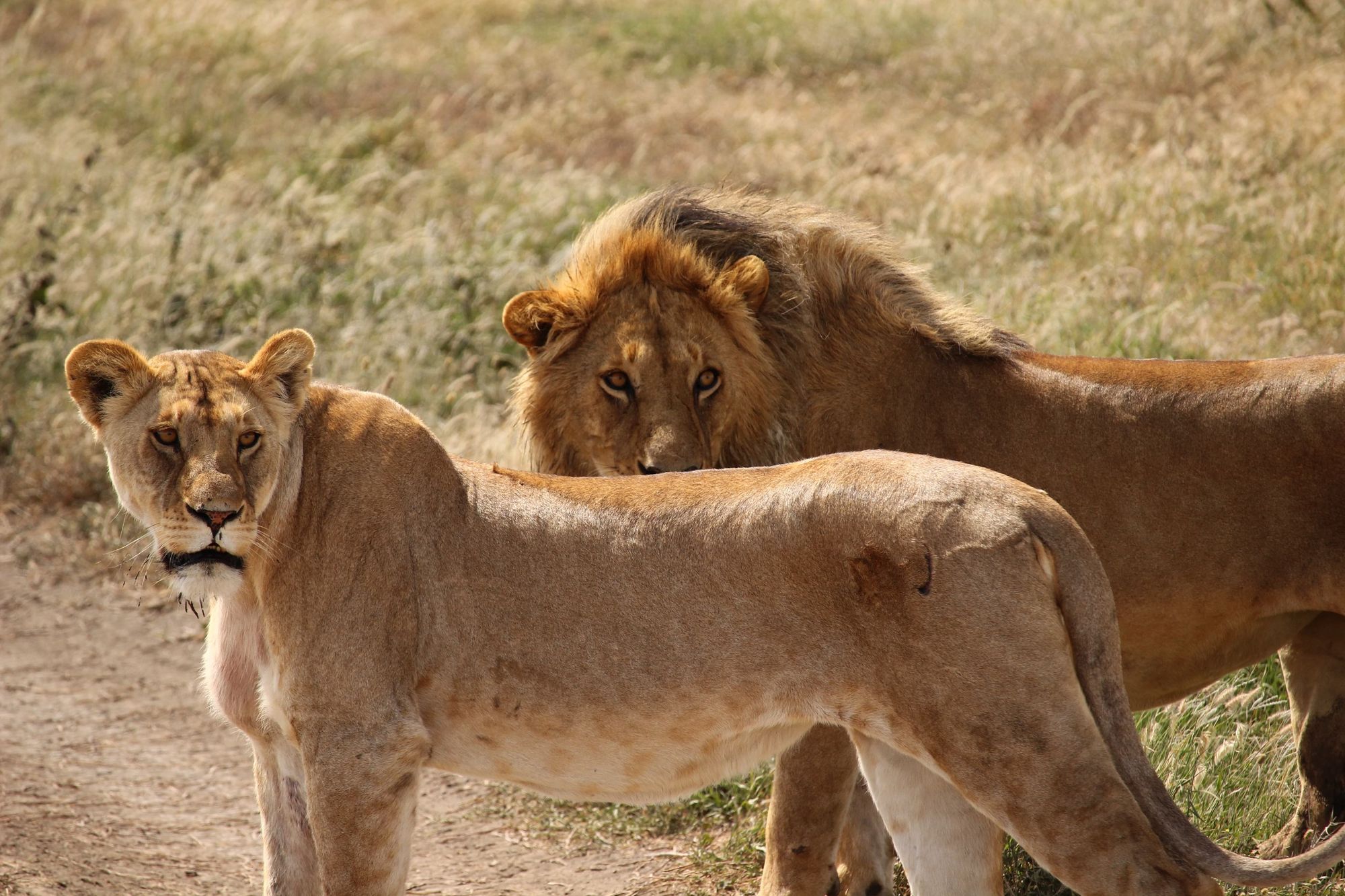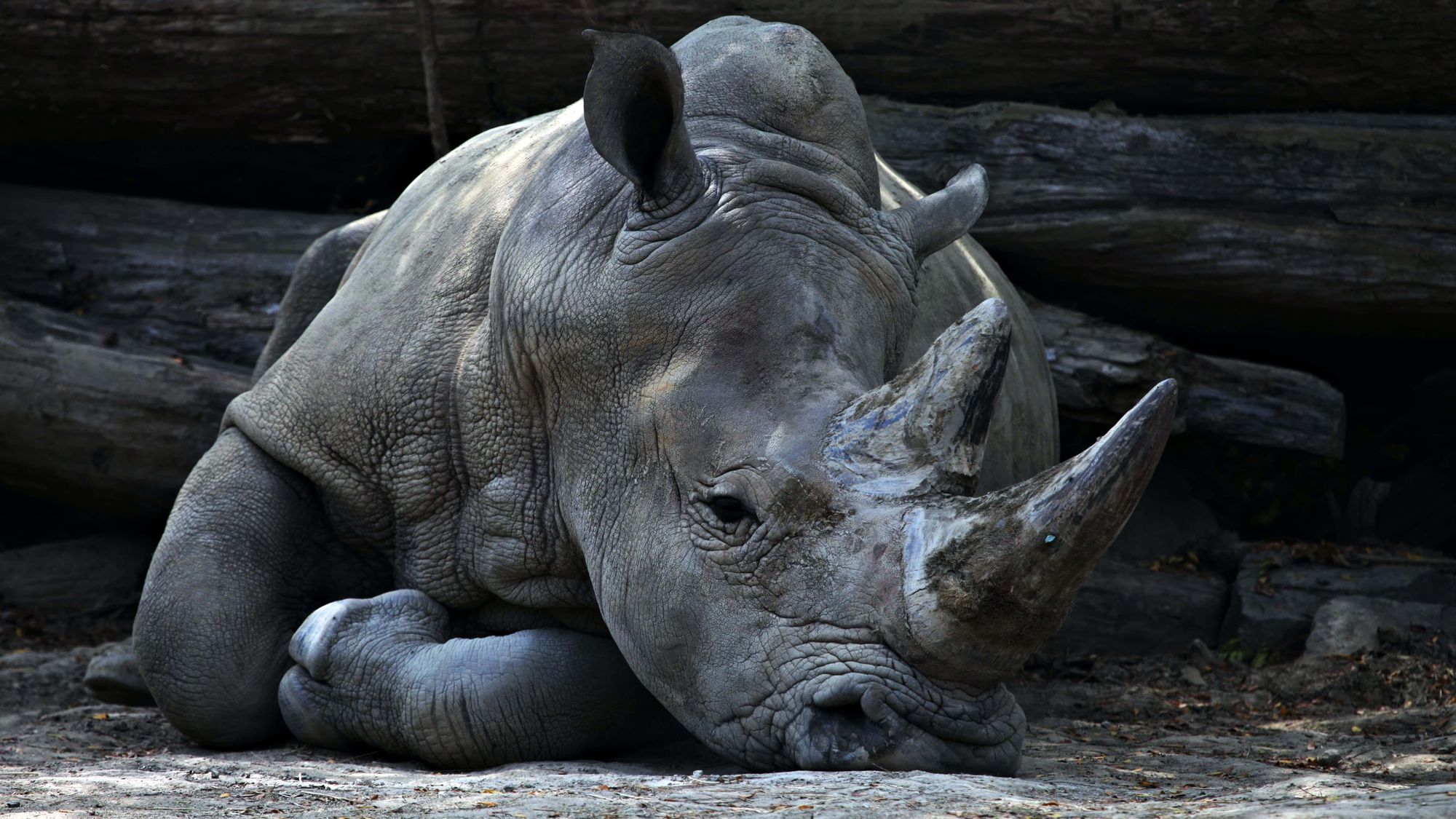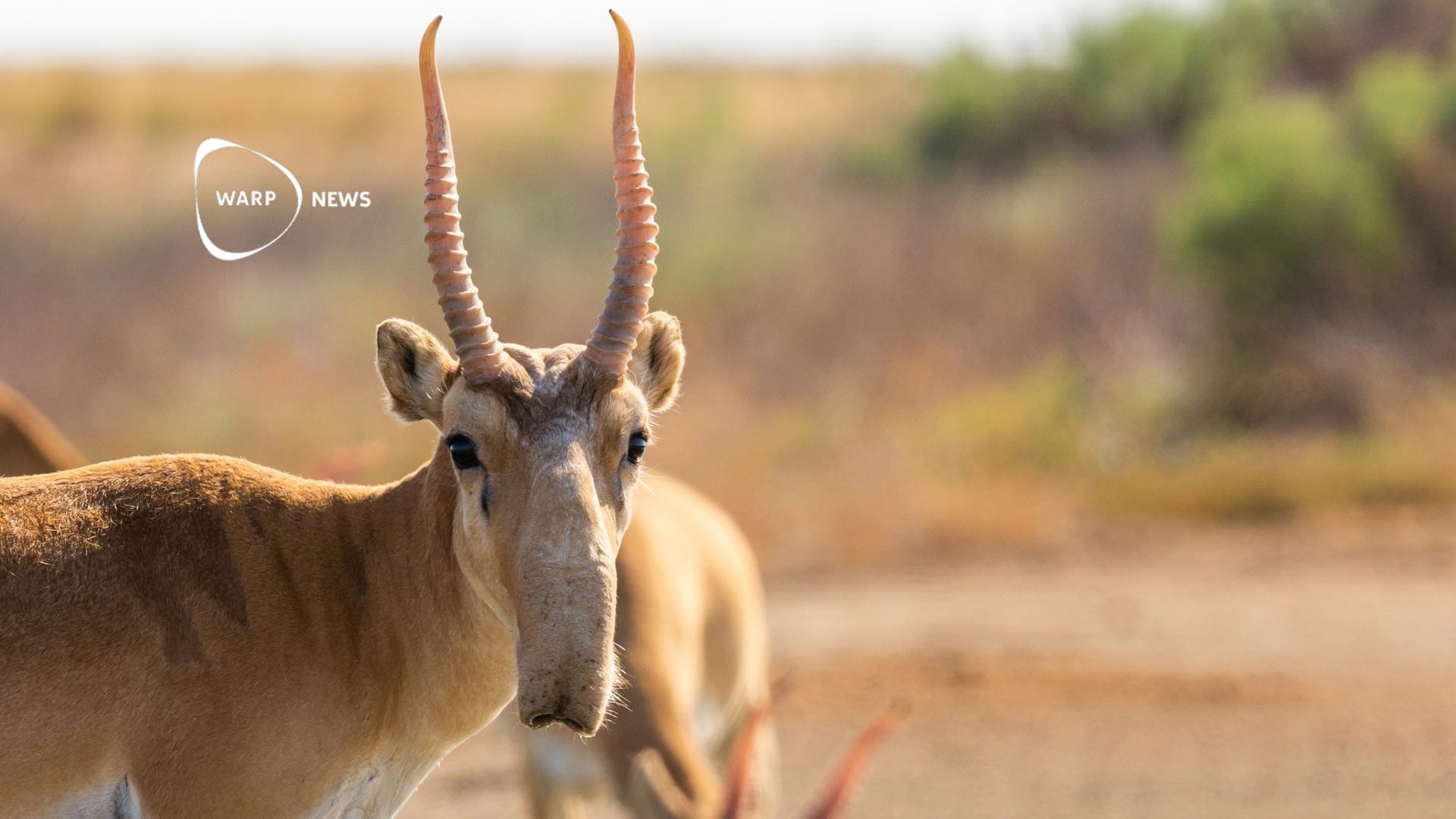
🦁 South Africa makes move to ban breeding of captive lions
Hundreds of farms in South Africa breed lions for hunting. The governmant of South Africa has presented a study and recommends a ban.
Share this story!
The BBC reports that the South African government plans to ban the breeding of lions intended for hunting . Today, there are hundreds of farms that raise lions for tourists to hunt in enclosed areas. Many of the lions are also killed just for the sake of their skeletons.
In some Asian countries, parts of lion skeletons are used in traditional medicine. Every year, as much as 800 lion skeletons is estimated to be exported out of South Africa. According to animal rights organizations such as World Animal Protection, lions live in poor conditions and animal welfare organizations have therefore tried to get a ban in place for a long time.
Study recommends ban
The government appointed a study that was presented at the begging of may, and proposed that the breeding of lions should be banned and phased out. The study also looked at the breeding of elephants, rhinoceros and leopards.
The study reads: "Captive lion industry has failed to contribute to wild lion conservation in any meaningful way – with efforts resulting in a net negative impact on wild populations (Wildlife ACT)".
It also reads:"Inspection of current facilities revealed significant levels of non-compliance, yet permits were renewed (Saunders)".

Concerning Rhinos, the study recommends that "there are no captive breeding of any populations, unless wild populations are depleted, and breeding is science-based conservation management plan for the species".
Today there are around 11,500 lions in South Africa, and 8,000 of them are in captivity. If breeding is stopped, the total number of lions will decrease, but those who remain will live in freedom.
The ban that is now planned does not include hunting wild lions. Lions in the wild can still be hunted on license. Lion hunting contributes to tourism and incomes and is thus still considered too important. The animal rights organizations will continue to work to extend the ban on lion hunting.
Photo: Pixabay / Carole Henderson
By becoming a premium supporter, you help in the creation and sharing of fact-based optimistic news all over the world.


